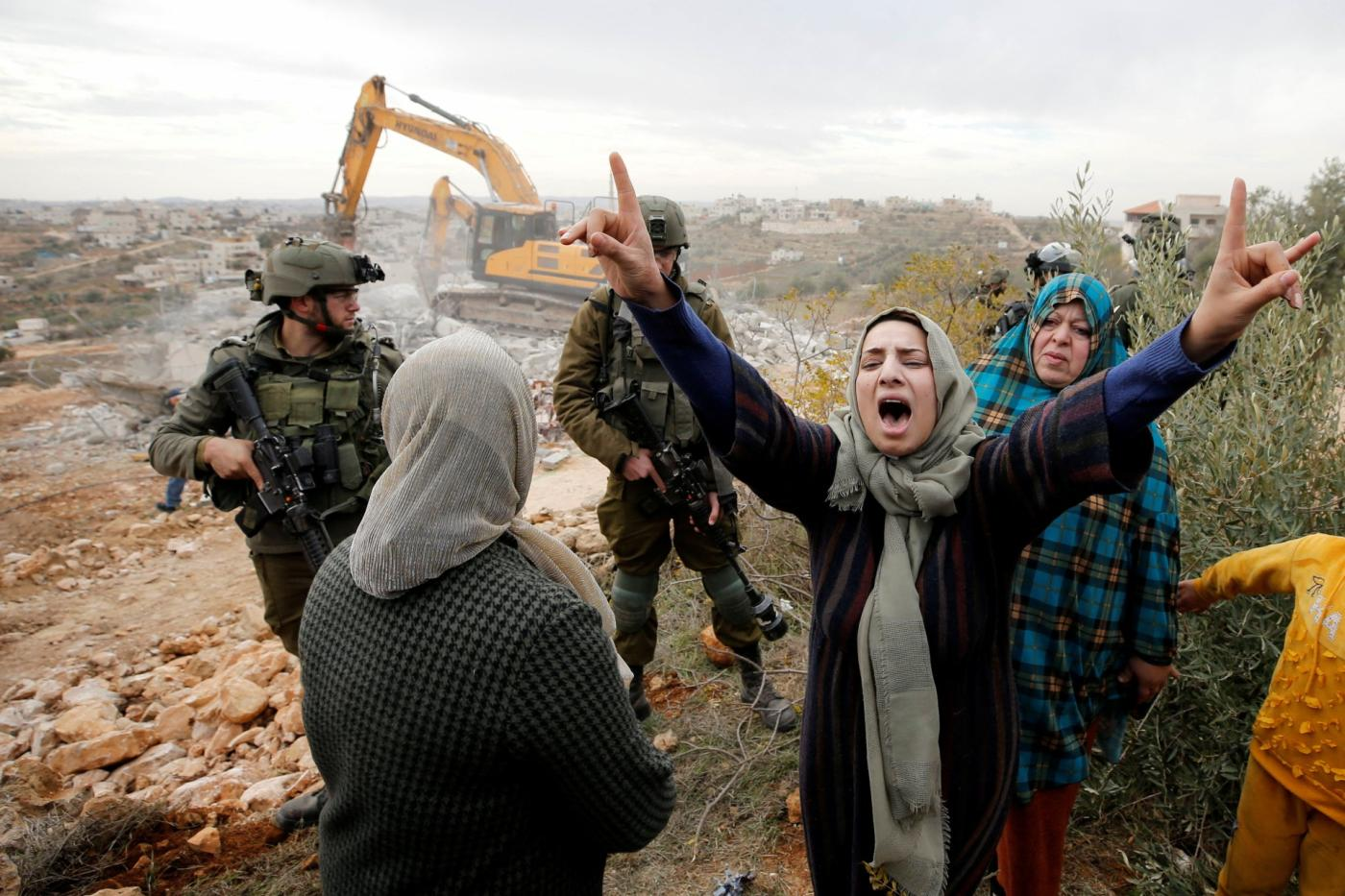Iran-Israel War is coming to the Middle East
Naftali Bennett, the prime minister of Israel, issued a dire
warning: "is dangerously close to putting their hands on a nuclear
weapon." The premier noted that "Iran is enriching uranium at an
unprecedented rate" in an interview with The Telegraph. "Iran's
nuclear program won't stop until it is stopped," Bennett continued.
America has also expressed concern. Sen. Jack Reed (D-RI)
noted that Iran has made "significant progress" and has "reduced
its [nuclear] breakout time to several weeks from a year" in comparison to
what it was under the 2015 Joint Comprehensive Plan of Action (JCPOA), more
commonly known as the Iran nuclear deal, during a hearing of the U.S. Senate
Armed Services Committee in March 2022. Iran's breakout time was in fact
"down to a handful of weeks," according to American secretary of
state Antony Blinken in April 2022.
Tehran was "extremely near" to achieving nuclear
status on June 6, 2022, according to Rafael Grossi, director-general of the
International Atomic Energy Agency (IAEA), and it "cannot be averted at
this time." Additionally, according to the news site JNS, Grossi gave the
board a paper "demonstrating that Iran practically already has enough
enriched uranium for three bombs."
Additionally, according to Grossi, "Iran has not
presented technical viable answers in respect to the Agency's findings at three
undeclared installations in Iran." The present location, or locations, of
the nuclear material and/or of the equipment contaminated with the nuclear
material, according to Grossi, have not been provided by Iran to the IAEA.
Concerns have been raised by the Islamic Republic's decision
to start putting in advanced IR-6 centrifuges at its subterranean enrichment
facility in Natanz and its declaration that it intends to put in additional at
other locations. The Islamic
Republic will be able to increase enrichment by up to 50%
thanks to the centrifuges. Iran's actions were formally condemned by the
agency.
The Islamic Republic responded by labeling the IAEA
"ungrateful" and turning off the cameras that the organization was
using to keep an eye on Tehran's nuclear activity at its stated facilities.
This, according to Grossi, dealt a "fatal blow" to talks between
Washington and Tehran over the latter's nuclear weapons development. But this
ignores certain important details.
The IAEA hasn't had access to the data gathered by the
cameras for more than a year, as observed by Reuters and others, among others.
The organization "hopes that it will eventually be able to access that
data, which is still with Iran."
But hope is a bad foundation for policy, especially when that
policy aims to stop the world's top state sponsor of terrorism from gaining
nuclear weapons.
Although many observers have noted that a standstill in
U.S.-Iran discussions has raised tensions and made a breakout likely, it is
important to remember that the JCPOA's very parameters did not stop Iran from
developing nuclear weapons. And Israel won't let the Islamic Republic develop
into a superpower. That's how easy it is.
Iran was eventually able to join the nuclear club because to
the JCPOA's sunset clauses and lax verifications regime. In fact, Barack Obama,
who was president at the time, said in an interview from 2015 that the
agreement would allow Iran to have "near zero" breakout time in as
short as thirteen years, or six years from now.
Even so, the JCPOA did not oblige Iran to be transparent
about its prior nuclear behavior, making it impossible to accurately measure
its progress. The JCPOA similarly restricted inspections to
"declared" sites. Additionally, it does not entirely ban research and
development in important fields, potentially allowing Iran to shorten the time
to a nuclear breakout even further.


Comments
Post a Comment